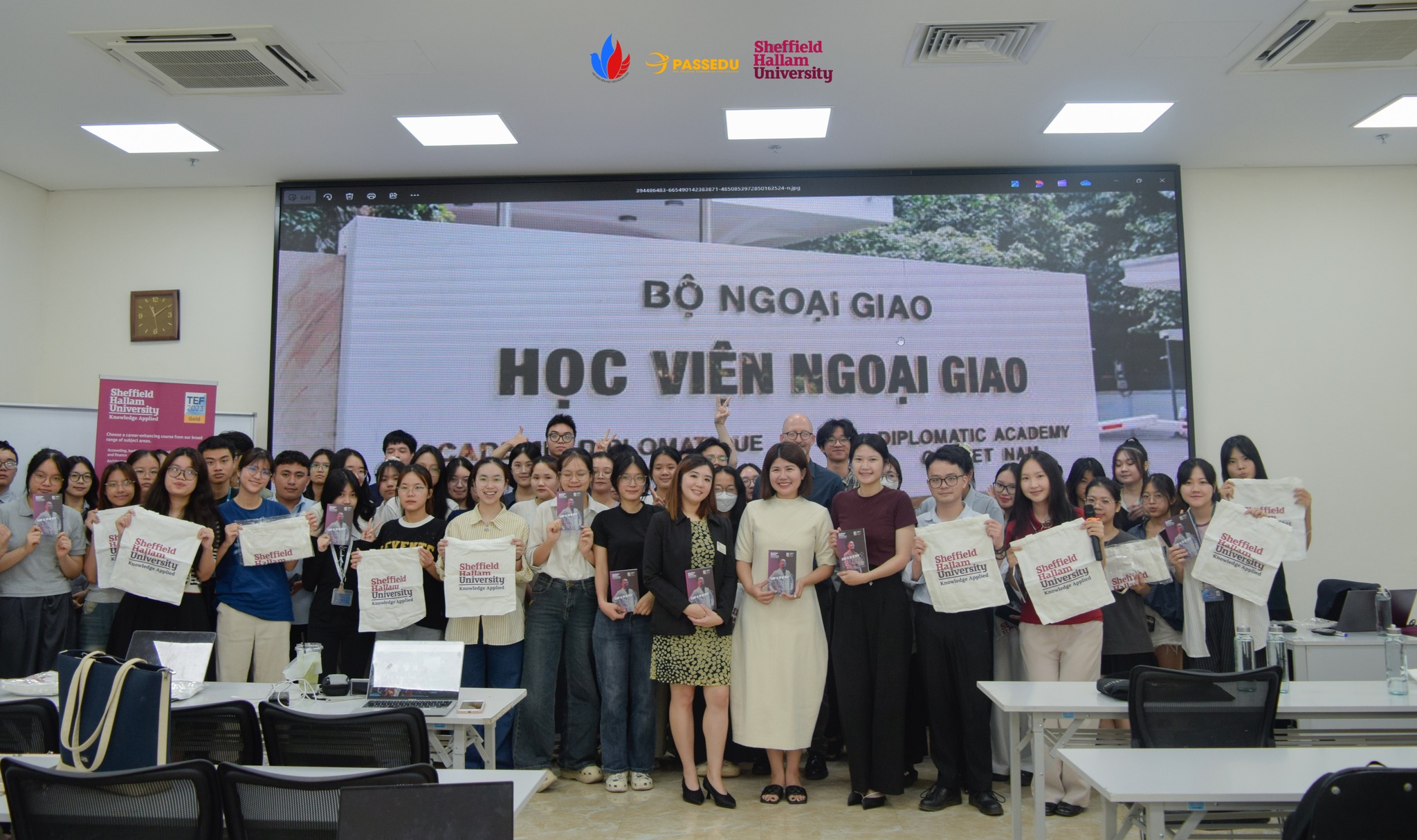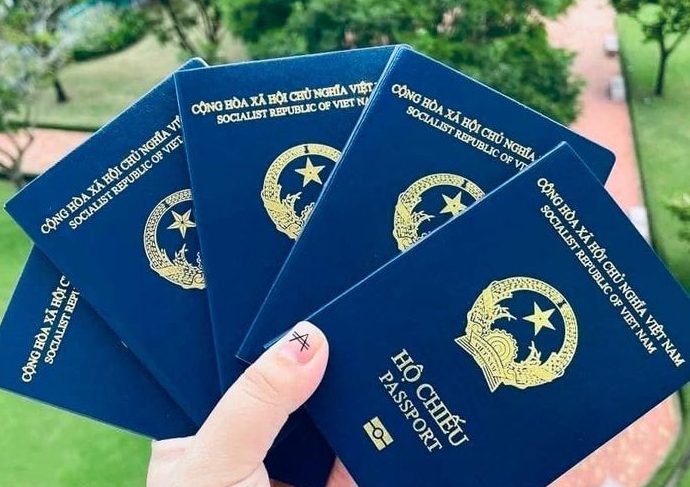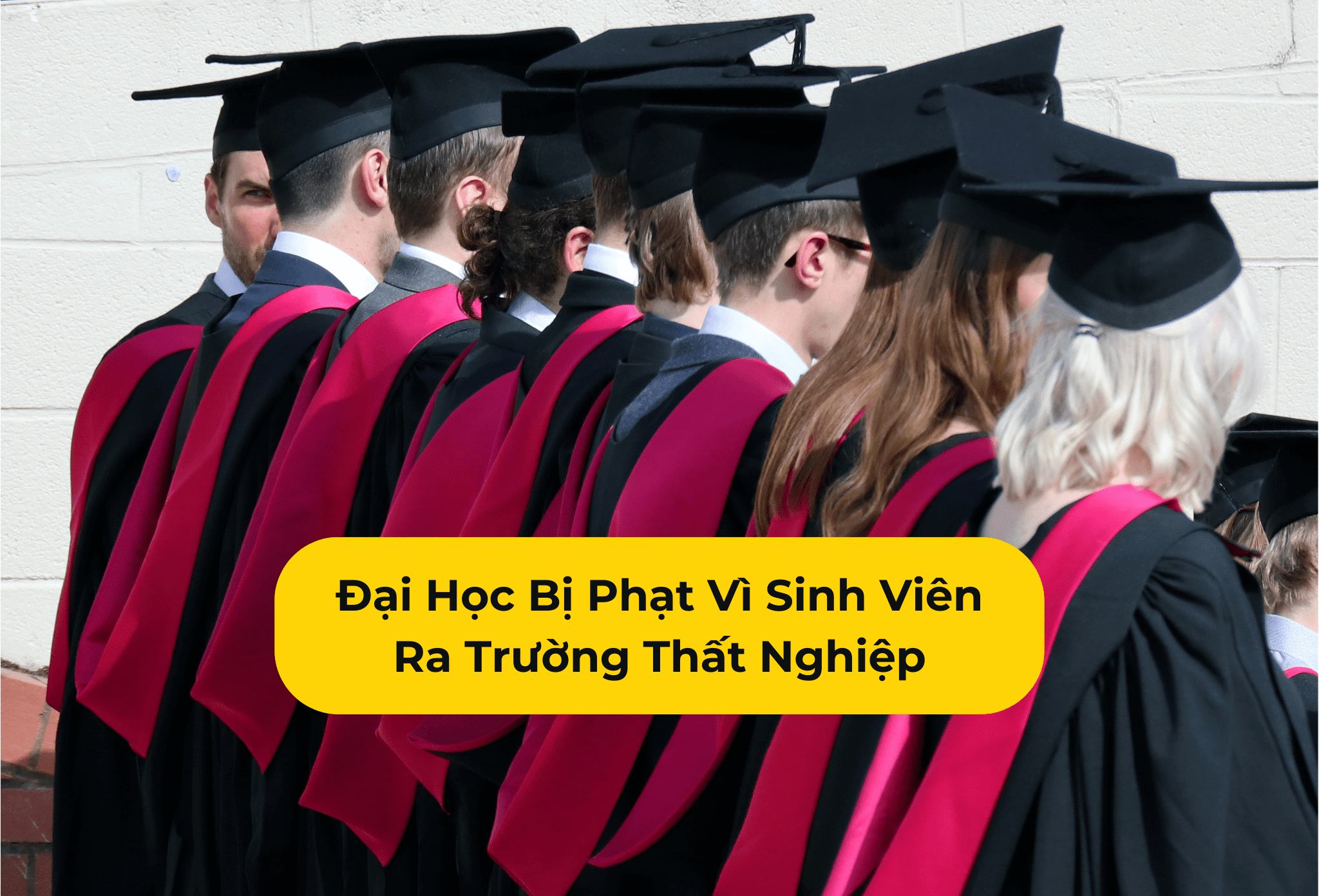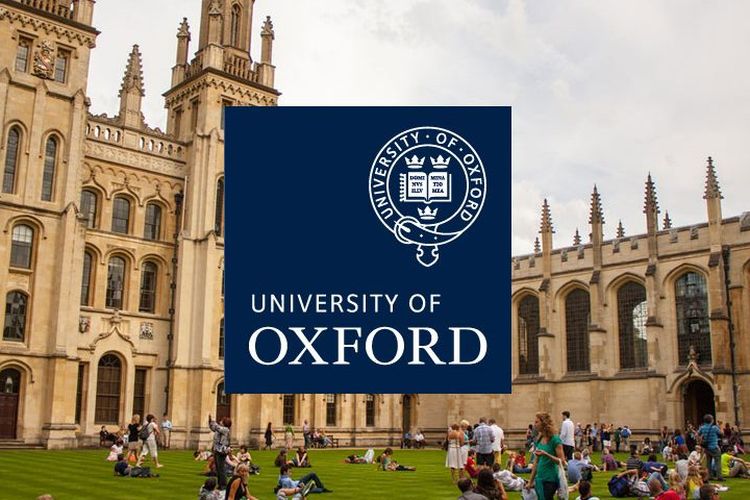TỔNG QUAN CHUNG VỀ DU HỌC TÂY BAN NHA
Tây Ban Nha, đất nước của vũ điệu Flamenco quyến rũ, những lễ hội sôi động và nền văn hóa giàu bản sắc, đang ngày càng trở thành điểm đến hấp dẫn cho các bạn sinh viên quốc tế, đặc biệt là du học sinh Việt Nam. Với hệ thống giáo dục chất lượng cao, chi phí hợp lý và môi trường sống thân thiện, du học Tây Ban Nha mang đến những trải nghiệm học tập và khám phá đáng giá.
General Information
- Tên quốc gia: Vương quốc Tây Ban Nha (Kingdom of Spain)
- Thủ đô: Capital: Madrid
- Area: Approximately 505,990 km²
- Population: Approximately 47 million people
- Currency: Euro (€)
- Time zone: UTC+1 (Central European Time), UTC+2 (Central European Summer Time)
- Official language: Spanish (Castilian). In addition, some regions use other local languages such as Catalan, Basque, Galician, and Valencian.
Education System
Spain’s higher education system is structured into three main levels under the European Higher Education Area (EHEA – Bologna Process):
- Bachelor’s Degree (Grado): Typically lasts 4 years. Students acquire fundamental and specialized knowledge in their field of study.
- Master’s Degree (Máster Oficial): Usually lasts 1–2 years. After completing a Bachelor’s degree, students can pursue a Master’s to specialize further or prepare for research.
- Doctorate (Doctorado): Generally lasts 3–5 years. This is the highest academic level, focusing on research and advanced academic development.
In addition, Spain offers specialized Spanish language courses for international students to help you improve your language proficiency before starting your official study program.
Study abroad costs
One of the major advantages of studying in Spain is the relatively affordable costs compared to other European countries.
- Học phí:
- Public universities: Typically range from 800–3,000 Euros per year for Bachelor’s and Master’s programs (depending on the field of study and institution).
- Private universities: Tuition fees are higher, ranging from 5,000–15,000 Euros per year or more, depending on the language of instruction and program.
- Spanish language courses: Around 150–400 Euros per month, depending on the duration and training center.
- Living expenses: On average, living expenses range from 700–1,000 Euros per month, depending on the city and individual lifestyle. Major cities like Madrid and Barcelona tend to be slightly more expensive than smaller towns. This cost typically covers rent, meals, transportation, and personal expenses.
Study requirements
- Academic qualifications:
- Bachelor’s Degree: High school graduation with an officially recognized diploma. Some universities may require an entrance exam or interview.
- Master’s Degree: Completion of a relevant Bachelor’s degree in a related field, along with transcripts and letters of recommendation.
- Spanish language proficiency: Most university programs in Spain are taught in Spanish. Therefore, you will need to provide proof of Spanish language proficiency at a minimum B2 level (DELF/DELE) to enroll. Some universities offer programs taught in English, which require IELTS or TOEFL scores instead.
- Financial capacity: Proof of sufficient financial resources to cover tuition fees and living expenses for the duration of your studies.
- Visa: Apply for a student visa at the Embassy or Consulate of Spain in Vietnam.
Job Opportunities
- Part-time job during studies: International students are allowed to work up to 20 hours per week during the academic term and full-time during official breaks. Common part-time jobs include positions in restaurants, shops, or tourism-related roles where Spanish language skills are highly valued.
- Post-graduation employment: After graduation, international students can apply for a Job Seeker Visa to stay in Spain and search for employment. Spain offers numerous opportunities in sectors such as tourism, services, information technology, renewable energy, and import-export. Proficiency in Spanish is a significant advantage when seeking work.
Culture, society, and ttractions
- Culture: Spain is famous for its vibrant, welcoming, and warm culture. You will have the chance to experience unique festivals such as La Tomatina, San Fermín, and the passionate art of Flamenco. Spain is also renowned for its rich cuisine, including Tapas, Paella, Jamón Serrano, and excellent wines.
- Attractions: Studying in Spain is an opportunity to explore iconic landmarks such as the Sagrada Familia (Barcelona), the Alhambra Palace (Granada), the Prado Museum (Madrid), the Mezquita Mosque (Córdoba), and the stunning beaches along the Costa del Sol.
Conclusion
Studying in Spain not only provides you with professional knowledge but is also a wonderful way to immerse yourself in a unique culture, develop language skills, and broaden your perspective on the world.
For more detailed information about studying in Spain, please contact PASSEDU for free consultation and answers to all your questions. Wishing you great success!
















